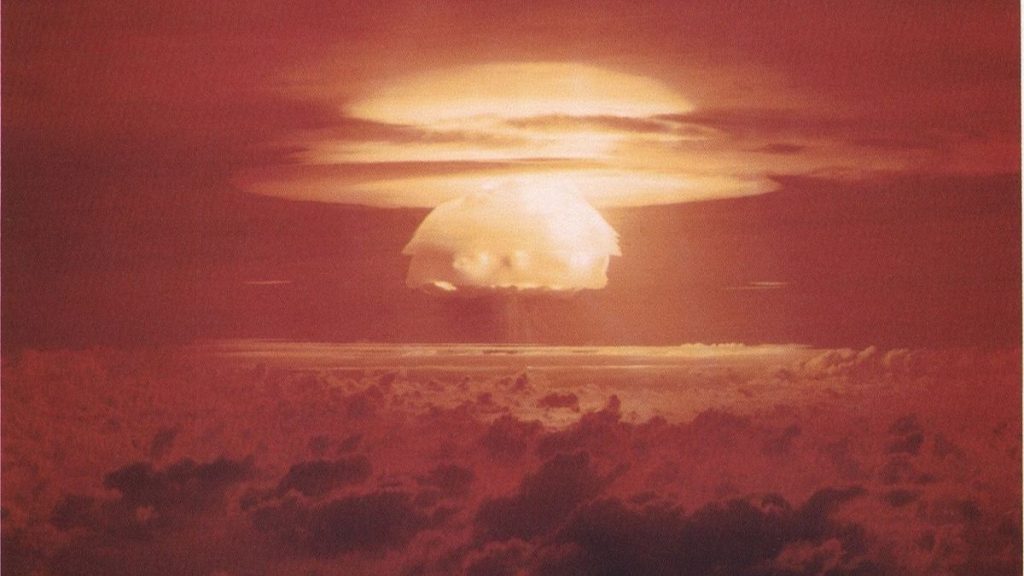A nuclear war can be fatal to our planet especially with technological advances. Besides, the effects of the bombs will cause serious long-term effects. This will be due to the radioactive particles present in the weapons, but also due to atmospheric pollution. In 1945, Hiroshima and Nagasaki were victims of a nuclear bombardment. Both towns were completely wiped out and the effects of the bomb were seen miles around the site. Since then, everyone fears the use of these weapons again. However, a war is taking place today between Ukraine and Russia. Scientists are trying to find out what would be the first consequence of a nuclear war.
Experiments conducted to find out how a nuclear weapon works
Cheryl Harrison, an assistant professor in the Department of Oceanography and Coastal Sciences at Louisiana State University, conducted a study published in the journal AGU Advances on the different impacts that nuclear weapons will have on our planet. In order to carry out their research, she and her team produced simulations of a nuclear weapon explosion, which produced soot and a copious amount of smoke.
During the simulations, Cheryl Harrison and her team assumed that Russia and the United States had up to 4,400 nuclear weapons weighing 100 kilotons. If they accidentally exploded, they would release 150 teragrams (over 330 billion pounds) of smoke and soot into the atmosphere. If you look at India and Pakistan, they have 500 100 kiloton nuclear weapons that would produce 11 billion to 103 billion pounds of smoke.

The impact of nuclear war on our planet
In both cases, the explosion of a nuclear weapon can cause a new ice age. Indeed, the temperature would drop by 7° Celsius. The temperature of the oceans would drop thereafter and even if the smoke disappeared, there would be no change on the temperature. On the oceans would therefore form up to 16 million square kilometers of ice with a thickness of 1.80 m.
Large pack ice would be ubiquitous in large basins. As a result, the major ports would be blocked by ice, trade by sea would be permanently closed. The formation of ice would also lead to the death of seaweed and this would cause the destruction of marine fauna. Consequently, fishing and aquaculture would also cease to exist and the Earth would lose one of its sources of food.
[related_posts_by_tax taxonomies=”post_tag”]
The post Nuclear war risks plunging Earth into an ice age appeared first on Gamingsym.

